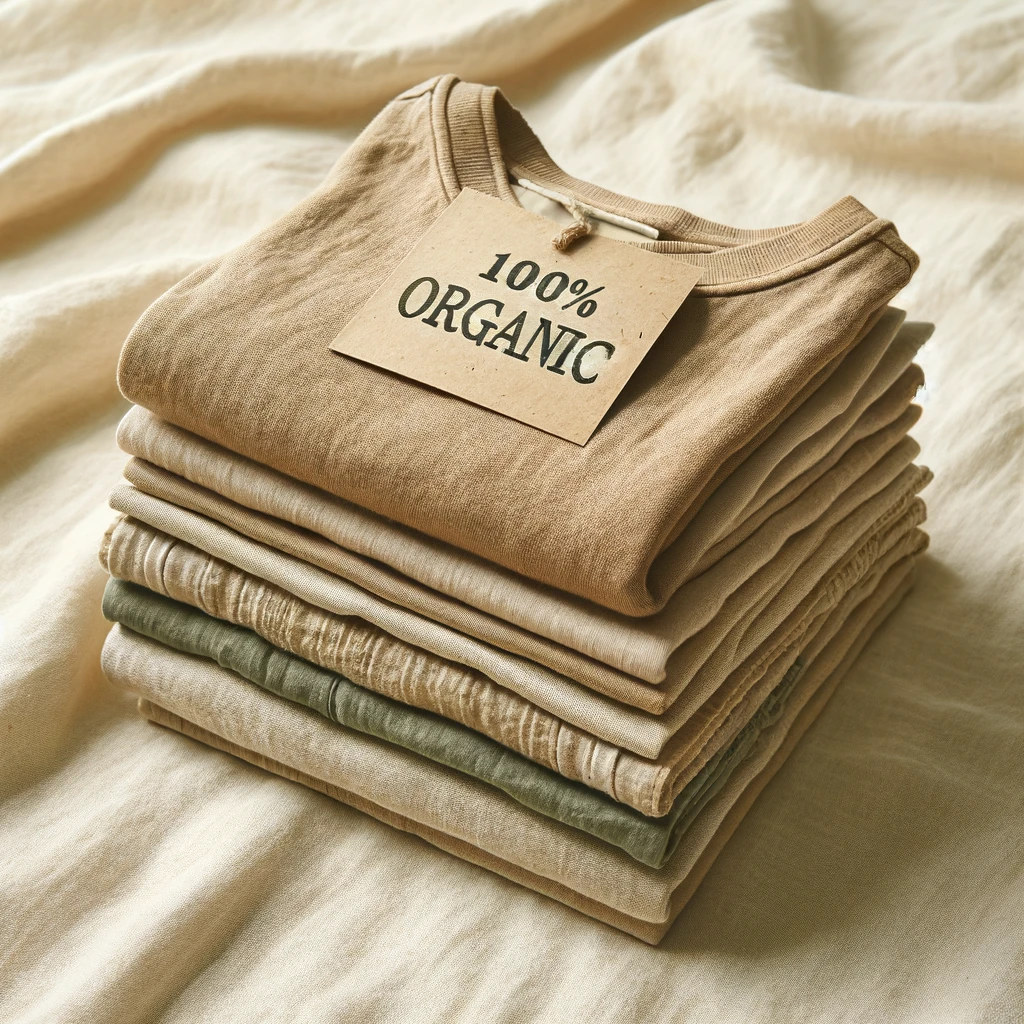In the realm of fashion, the call for sustainability has never been louder. As consumers grow more conscious of their environmental impact, the demand for sustainable and affordable clothing options has surged. Among the most sought-after materials are cashmere, cotton, and organic fabrics, known for their luxurious feel and eco-friendly credentials. Here, we explore some of the top brands that are leading the charge in sustainable fashion, offering high-quality, affordable pieces that don’t compromise on style or ethics.
1. Everlane
Everlane stands at the forefront of transparent and ethical fashion. The brand’s commitment to revealing the true cost behind each product has resonated with consumers seeking honesty in their purchases. Everlane’s cashmere collection, sourced responsibly from Mongolia, offers luxurious sweaters that are both soft and sustainable. Additionally, their organic cotton range provides basics that are gentle on the skin and the planet, making Everlane a go-to for eco-conscious shoppers.
2. Pact
Pact is a champion of organic cotton, dedicated to crafting clothing that’s as comfortable as it is kind to the Earth. Their use of GOTS-certified organic cotton ensures that their products are free from harmful chemicals and pesticides, reducing their environmental footprint. From cozy loungewear to chic dresses, Pact’s affordable offerings prove that sustainability doesn’t have to come with a hefty price tag.
3. Patagonia
Renowned for its commitment to environmental conservation, Patagonia extends its eco-friendly ethos to its clothing line. The brand’s sustainable cashmere is sourced from the grasslands of Mongolia, where herders are encouraged to practice sustainable grazing. Patagonia’s organic cotton is equally commendable, cultivated without synthetic chemicals, thus preserving soil health and biodiversity. Whether you’re an outdoor enthusiast or a fashion aficionado, Patagonia’s durable and eco-conscious apparel is a worthy investment.
4. People Tree
As a pioneer in ethical and sustainable fashion, People Tree has been making waves with its commitment to fair trade and organic materials. The brand collaborates with artisans and farmers, ensuring fair wages and working conditions while preserving traditional crafts. People Tree’s organic cotton is not only environmentally friendly but also incredibly soft and comfortable, making their clothing a joy to wear.
5. Kotn
Kotn takes a direct-to-farmer approach, sourcing its Egyptian cotton straight from the Nile Delta. This not only ensures premium quality but also supports local agriculture and community development. Kotn’s transparent supply chain and focus on ethical production have garnered a loyal following among those who value both sustainability and style.
6. Quince
Quince is revolutionizing the fashion industry with its direct-to-consumer model, offering luxury cashmere and organic cotton essentials at a fraction of the traditional retail price. By cutting out middlemen and unnecessary markups, Quince is able to provide high-quality, sustainable garments that are accessible to a wider audience. Their commitment to transparency and affordability makes them a standout in the world of sustainable fashion.
7. Naadam
Naadam is on a mission to democratize cashmere by offering ethically sourced, high-quality cashmere at more affordable prices. The brand works directly with herders in Mongolia, ensuring fair compensation and promoting sustainable grazing practices. Naadam’s dedication to transparency and sustainability is reflected in their cozy, timeless cashmere pieces that are designed to last.
8. Alternative Apparel
Alternative Apparel focuses on eco-friendly materials and responsible manufacturing, offering a range of comfortable and stylish clothing. Their organic cotton is sourced from non-GMO seeds and grown without synthetic pesticides, while their low-impact dyes and water-conserving washes further reduce their environmental impact. With a wide range of casual wear, Alternative Apparel is a great choice for those looking to build a sustainable wardrobe.
Conclusion
The fashion industry’s shift towards sustainability is a promising sign for the future of our planet. By choosing to support brands that prioritize eco-friendly practices and materials, consumers can make a positive impact on the environment and the people involved in the production process. The brands highlighted above are just a few examples of the many companies that are committed to offering sustainable, affordable, and stylish options for the conscious consumer. As the demand for sustainable fashion continues to grow, we can expect to see even more brands joining the movement, furthering the industry’s transformation towards a more sustainable and ethical future.




